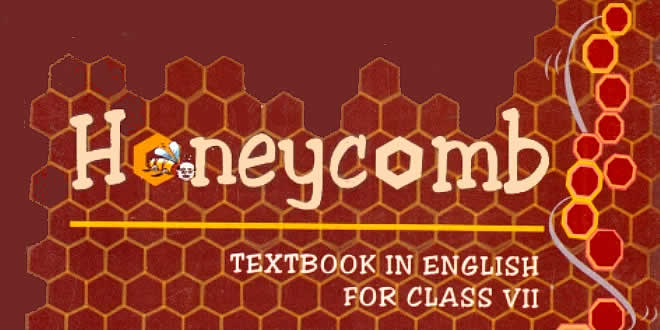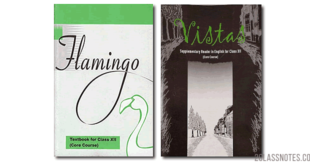Garden Snake (Poem): NCERT 7th CBSE Honeycomb English Chapter 19
Question: Answer the following questions.
- Pick out the line that suggests that the child is afraid of snakes.
- Which line shows a complete change of the child’s attitude towards snakes? Read it aloud.
- “But mother says that kind is good…” What is mother referring to?
Answer:
- “I saw a snake and ran away.”
- “I’ll stand aside and watch him pass.”
- The mother is referring to the garden snake.
Question: Find the word that refers to the snake’s movements in the grass.
Answer: Wiggle
Question: There are four pairs of rhyming words in the poem. Say them aloud.
Garden Snake Poem – Answer:
- Good, food
- Pass, grass
- Away, say
- Mistake, snake
Question: A snake has no legs or feet, but it moves very fast. Can you guess how? Discuss in the group.
Answer: A snake has no legs or feet. It wiggles on the surface.
Question: Can you recall the word used for a cobra’s long sharp teeth? Where did you come across this word first?
Answer: A cobra’s long teeth are called fangs. I first came across this word on National Geographic Channel.
Question: Why did the narrator run away seeing the garden snake?
Answer: The narrator thought the snake to be dangerous and out of fear ran away.
Garden Snake Poem – Question: What does a garden snake eat?
Answer: A garden snake survives on insects.
Question: What makes the child comfortable the next time he sees the garden snake?
Answer: The first time the child sees the snake, he is overcome with fear.
However, on being told by his mother that this particular snake is not dangerous, the child becomes comfortable the next time he encounters the garden snake.
Question: What lesson does the young child narrator learn from his mother?
Answer: The young child narrator, in his ignorance, had assumed all kinds of snakes to be dangerous. However, from his mother he learnt that not every kind of snake is dangerous some are, most are not.
This makes him peacefully admire the garden snake whenever he saw it next. Also, the narrator learnt that it is important to gather knowledge about any new object or creature one encounters before making one’s opinion.
Directions (Q.Nos. 1 – 6) Read the extract given below and answer the following questions.
I saw a snake and ran away Some snakes are
dangerous, they say;
But mother says that kind is good,
And eats up insects for his food.
Question: Why do you think the child ran away on seeing the snake?
Answer: Because the snake is a very dangerous creature and its fear is generally instilled in everybody from his very childhood.
Question: What does the child’s mother say about snakes?
Answer: The child’s mother tells him that the kind of the snake that he saw was not so dangerous. It lived on insects only and did not harm others.
Question: Is it good to play with snakes which are not very dangerous?
Answer: No, one should not at all do the courage of playing with the snakes because one cannot recognize which snakes are poisonous and which are not.
Question: Why are snakes dangerous, according to you?
- Because they look very dangerous
- Because their venom is poisonous
- Because they make terrible sounds
- Both ‘a’ and ‘b’
Answer:
- 4. Both ‘a’ and ‘b’
Garden Snake Poem – Question: Why does the snake kill insects?
- (a) Because he does not like them
- (b) Because he wants to rule the forest
- (c) Because he wants to eat them as a food
- (d) Because he wants to save human beings
Answer:
- 3. Because he wants to eat them as a food
Garden Snake Poem – Question: What does the poet refer to as ‘they’ in the above stanza?
- Snakes
- Snake catchers
- Trees and bushes
- General people
Answer:
- 4. General people
 Class Notes NCERT Solutions for CBSE Students
Class Notes NCERT Solutions for CBSE Students


